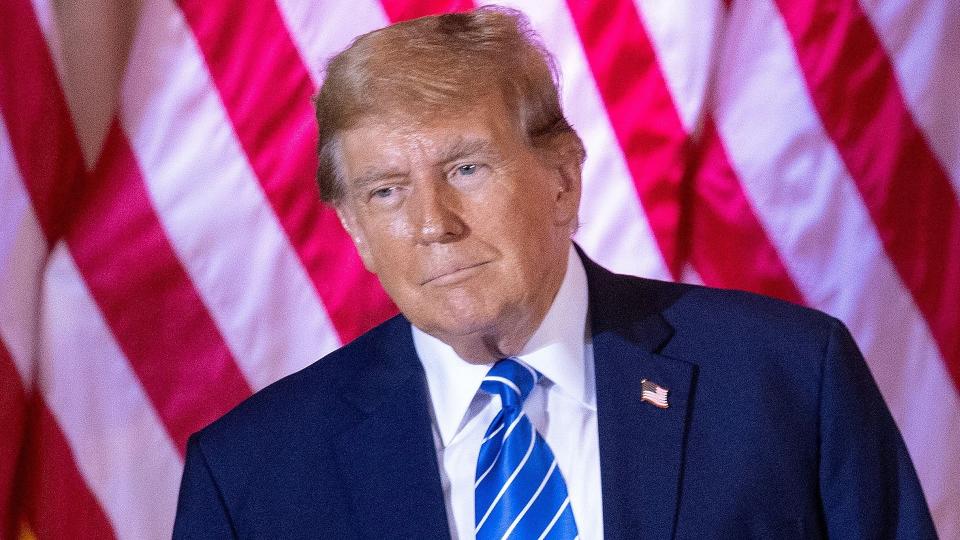Why Your Healthcare and Dining Bills Could Get More Expensive If Trump Is Elected

Donald Trump and Joe Biden have been talking a great deal lately about tariffs. There have been talks about how they could help, and potentially hurt, the average individual and family in the United States.
Here’s How Much Every Living US President Is Worth: Where Does Biden Rank?
Explore: 4 Genius Things All Wealthy People Do With Their Money
Trump’s aggressive tariff plan has seen a good reception from his supporters — but critics have said his plan could cost the average American family hundreds of dollars in additional taxes. Here’s a look at how your tax bill — and one specific part in general — could get more expensive if Trump wins the presidential election. The answer may surprise you.
Tariffs and Your Taxes
Let’s start with the basics of Trump’s proposed plan. According to The Washington Post, “Trump has proposed a 60 percent tariff on Chinese goods, roughly four times the average levy of his original policy, and a 10 percent tax on the $3 trillion in merchandise that the United States imports each year from all countries.”
What does an across-the-board tariff policy mean for you? According to the Center for American Progress Action Fund, it would amount to about a $1,500 annual tax increase for the typical family. Here’s how part of that could breakdown:
$610 tax increase on materials and equipment for businesses.
$220 tax increase on cars, auto parts and other vehicles.
$120 tax increase on oil and petroleum products.
$90 tax increase on food.
$90 tax increase on prescriptions.
According to the Center, “This tax increase would drive up the price of goods while failing to significantly boost U.S. manufacturing and jobs.”
Increased Taxes for Healthcare and Dining Out
You probably noticed immediately the $610 tax increase on materials and equipment for U.S. businesses. What exactly does this mean? After all, it’s one bill that looks to get much more expensive if Trump wins the election.
First, here’s what the Center said: “In addition, the tariff would hit other industrial supplies and capital goods that American companies use to produce goods and services for American consumers or for export to other countries, resulting in a tax increase of $610 for the typical U.S. household.”
So how would it impact your family? You could see it through higher prices for healthcare and dining out, as well as new pricier housing due to increased taxes on imported home-building materials.
Widespread Impacts
In addition to significantly increasing your tax bill in these areas, critics of Trump’s plan point to history to predict widespread negative impacts from the increased tariffs. According to the Tax Foundation, “Historical evidence shows tariffs raise prices and reduce available quantities of goods and services for U.S. businesses and consumers, which results in lower income, reduced employment, and lower economic output.”
One final consideration is the rhetoric surrounding tariffs this election season. Trump has said his plan will tax China and other foreign companies. However, tariffs are actually levied on American importers when their purchased products come in the U.S. market. According to the Center, “These importers are usually domestic companies that import products for distribution to U.S. consumers, and no Chinese company falls within the top 10 importers.”
More From GOBankingRates
In Less Than a Decade, You Won't Be Able To Afford Homes in These 20 Arizona ZIP Codes
These 10 Used Cars Will Last Longer Than an Average New Vehicle
Trying to Build Your Savings? Make Sure Your Account Does These 6 Things
This article originally appeared on GOBankingRates.com: Why Your Healthcare and Dining Bills Could Get More Expensive If Trump Is Elected

 雅虎香港財經
雅虎香港財經 